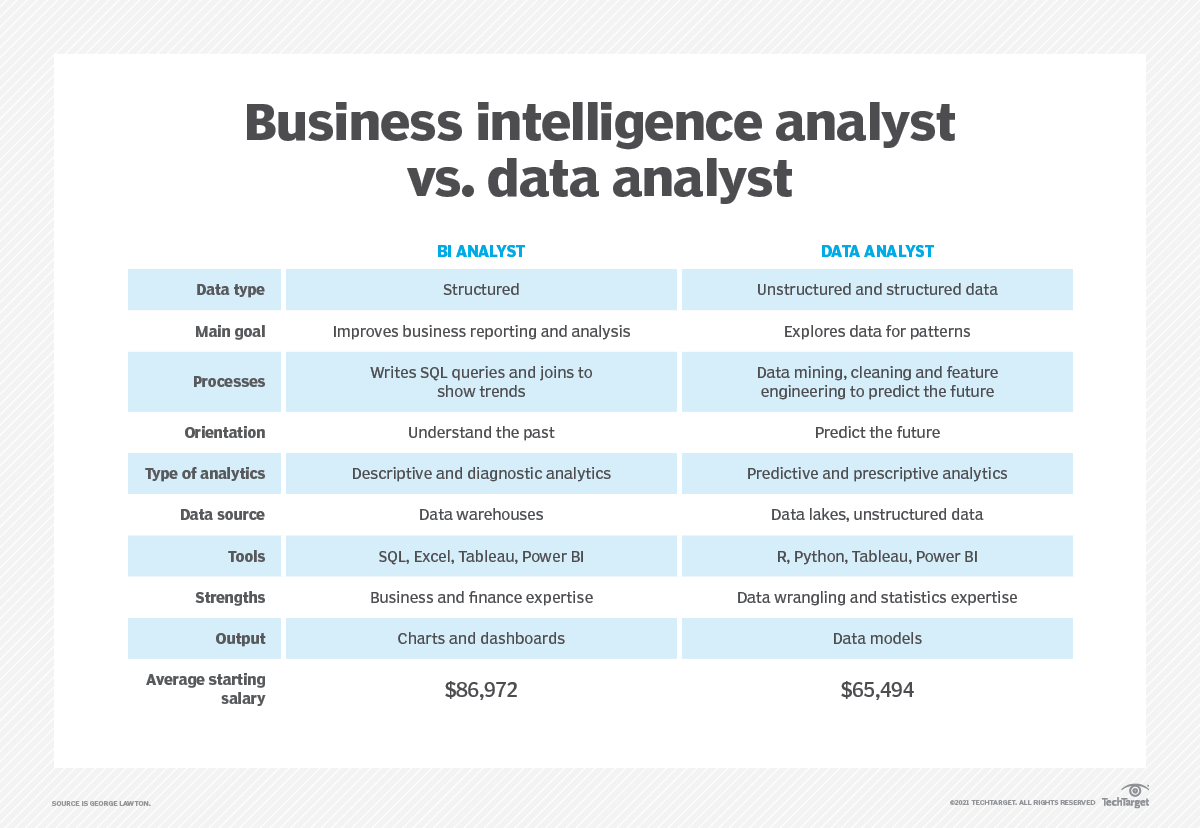An Unevenly Distributed FutureOnce again, the specter of a new n-Cov-2 variant, in this case, omicron, is making its way around the world, like some grim ghost of Christmas Future. If nothing else, the pandemic is teaching people the Greek alphabet, though, given everything else, there is a bit of dark humor in realizing that if we hold true to trends, next year’s variant will be the Omega variant. Cue the ominous music. I’m not going to dwell too much on idiots not getting vaccinated here – I’ve ranted plenty elsewhere, and unfortunately, I see it as ultimately a self-correcting problem. What I wanted to focus on today was the broader impact of what the pandemic is doing to the very fabric of work and education. We are, I believe, past the point of no return with regards to remote work. Google announced this week that a January return to the office for its workers is not going to happen, and while I think we may see a respite towards summer, the reality is that this – working from home, educating from home, even socializing from home – has become the new normal. Companies are increasingly faced with whether it makes sense for them to renew leases, and more and more often, the decision seems to favor going virtual. Schools, from colleges to kindergartens, are instituting long-term virtual curricula, and I have to suspect that this will mark the end of an era of schools that were first set up in the 1960s and are now all definitely showing their age. Manufacturers (and assemblers) are betting more heavily on 3D printers, robotics, and similar technologies, both because it cuts down on the number of workers involved, and because it minimizes supply chain impacts (though there’s still the question of inks). Everywhere you look, businesses are making the realization that the end may not be even close to nigh, and are consequently planning for a distributed future. As a society, we are delocalizing. This is, ironically, not the same as globalizing, though there is some overlap. Delocalization means that society is adjusting to the notion that proximity should not be a determining factor in interactions. Every week, I here in Seattle am on the phone (or on Zoom calls) with people from Boston, New York, London, Bonn, Sophia, Hyderabad, Sydney, Singapore, and Tokyo. This is probably not completely normal, but I suspect in the last year it’s become far from abnormal for many people. Delocalization has many implications. For highly skilled people, it means more opportunities than time to take them all. For people midway in their careers, it also means opportunities, but also greater competition in a global market. For people starting out, it can mean greater challenges, no matter what skills you have, and it is this area we need to be especially mindful of, as being unable to start a career path has lifelong consequences. Finally, for people with few marketable skills, delocalization is a mixed bag- there will still be jobs that require a local presence, but they will be increasingly poor paying, dangerous, and with few opportunities for advancement. This will manifest in increased social unrest among the non-digiterati as opportunities dry up. Similar issues arise for organizations. In a delocalized world, talent is available everywhere, but the ability to arbitrage labor prices is likely drawing to an end. Management by eyeball is dead – if you can’t manage a distributed workforce, you’re not going to make it as a manager, which means that a whole lot of management theory has been thrown out the window. A good manager will keep their team together through the length of a project, a great manager will keep them together for years. Poor managers will get fired because they won’t be able to hide by being the only conduit between senior management and staff. If this sounds like it is not as advantageous to businesses as it has been, it’s not. Businesses have been in a position where they’ve been very dominant for about the last fifty years, and it has made a number of them sloppy, inefficient, and inequitable. The pendulum is likely to swing the other way for a while, especially as delocalization also brings about dis-integration of businesses into smaller and smaller units. Eventually, a new equilibrium will be reached, but at least for the moment (i.e., the next decade or so), the trends that had been working in favor of businesses have reversed. The future is seldom as bright as it is projected, nor as grim. However, to quote William Gibson, “The future is already here … it’s just unevenly distributed.” Kurt Cagle To subscribe to the DSC Newsletter, go to Data Science Central and become a member today. It’s free! Data Science Central Editorial CalendarDSC is looking for editorial content specifically in these areas for January, with these topics having higher priority than other incoming articles.
DSC Featured Articles
Picture of the Week
|



